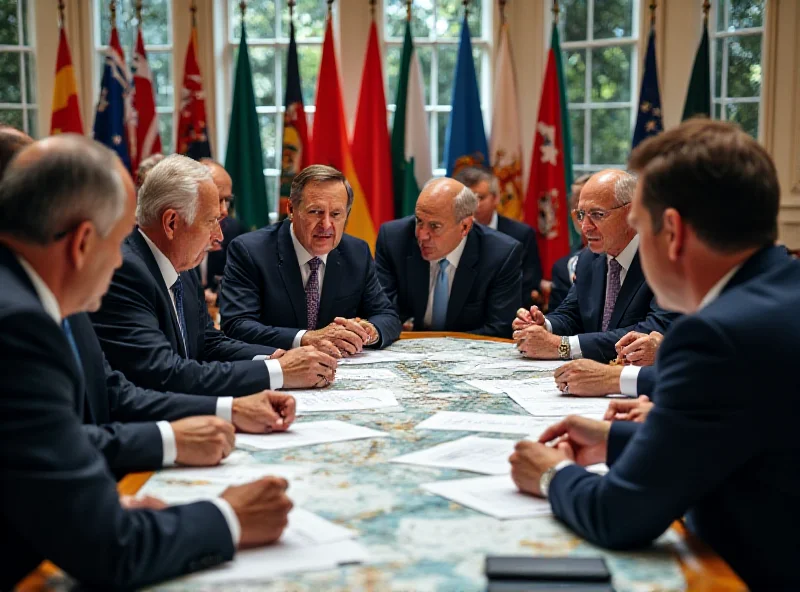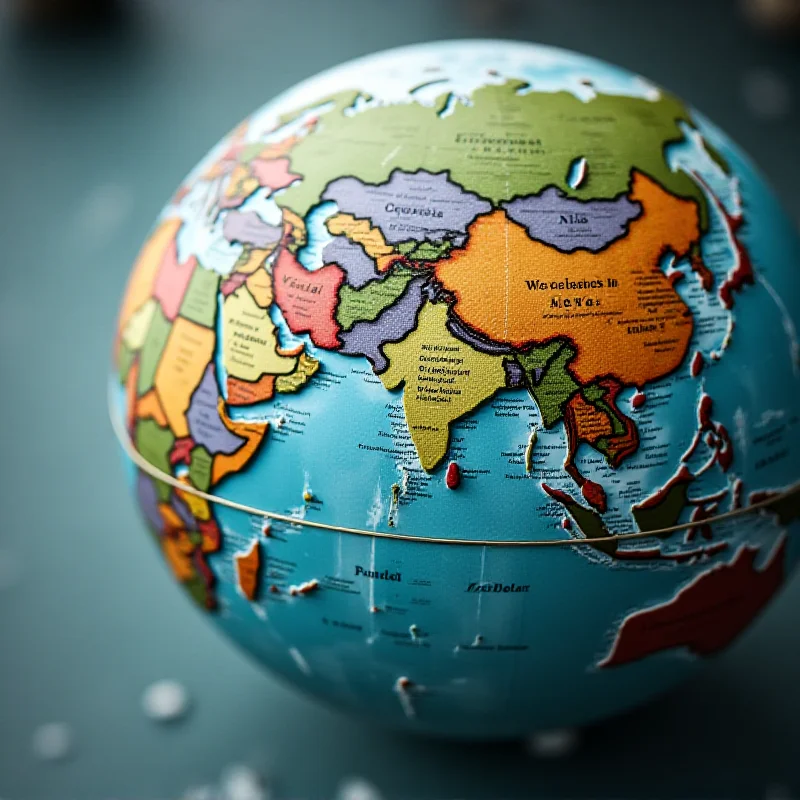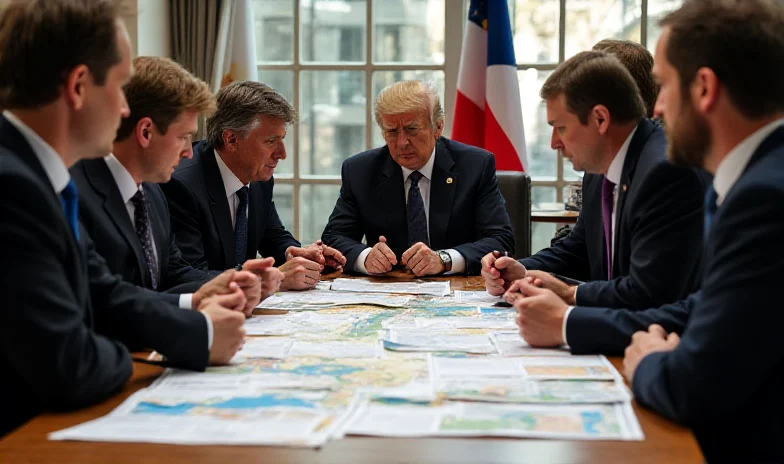Global tensions are simmering as various international actors navigate complex geopolitical landscapes. The ongoing conflict in Ukraine continues to be a central point of concern, drawing reactions and actions from multiple nations. From Europe to the United States and Asia, the repercussions of this conflict are being felt.
European Reactions to the Ukraine Conflict
In Marseille, France, the conflict between Russia and Ukraine has had direct repercussions. A recent explosion at the Russian Consulate led to the arrest of two CNRS researchers. The chemist and engineer involved admitted to the charges while in custody, citing their actions as being tied to the Russia-Ukraine conflict. They are scheduled to appear before the Marseille criminal court this Thursday. This incident underscores the tangible impact of the conflict beyond Eastern Europe.

Elsewhere in Europe, Taoiseach (Irish Prime Minister) Micheál Martin has voiced his support for Ukraine's right to defend itself, despite being a "man of peace." This statement contrasts with comments made by O'Neill regarding missile orders for Ukraine, highlighting differing perspectives on the appropriate response to the conflict. "Ukraine has a right to defend itself," Martin stated, reinforcing Ireland's position on the matter.
China's Position and US Diplomacy
Across the globe, China's evolving role in international affairs is also under scrutiny. Top diplomat Wang Yi is expected to clarify Beijing's stance on critical global issues, including the conflict in Ukraine, developments in the Middle East, and its relationship with Washington. This press briefing is keenly anticipated as it may provide clues about China's response to the perceived "chaos" stemming from the Trump era.
Meanwhile, in the United States, the dismantling of USAid under the Trump administration has drawn sharp criticism. Hundreds of US diplomats have openly decried the move in a letter to Secretary of State Marco Rubio, arguing that it undermines US leadership and security. They contend that slashing the US Department for International Development creates power vacuums that adversaries like China and Russia could exploit. The diplomats further warned that the freeze on foreign aid endangers American diplomats overseas and puts at risk the lives of millions abroad who depend on US assistance.

“This decision weakens our ability to influence global events and leaves vulnerable populations at risk,” one diplomat stated anonymously in the dissent channel. This sentiment reflects a broader concern about the long-term implications of reducing US engagement in international development.
Looking Ahead
As the world grapples with these interconnected challenges, diplomacy and strategic positioning will be crucial. The responses from key players like China, the ongoing efforts in Europe, and the internal debates within the United States will shape the future of international relations. The next few weeks and months will be critical in determining the trajectory of these global tensions.

The unfolding events surrounding the Ukraine conflict, China's evolving role, and the implications of US foreign policy decisions underscore the complex and interconnected nature of global politics. Navigating these challenges will require careful diplomacy, strategic foresight, and a commitment to international cooperation.
